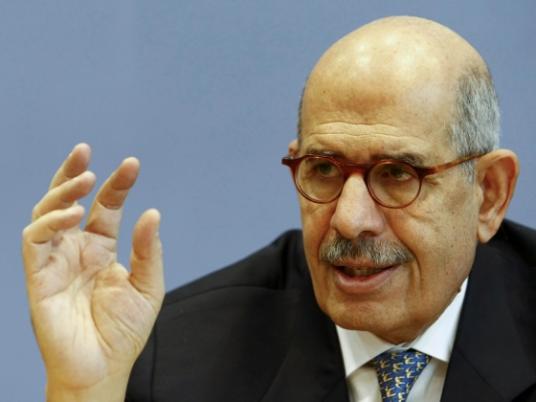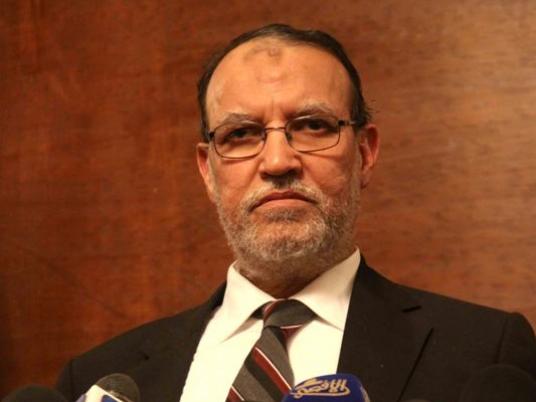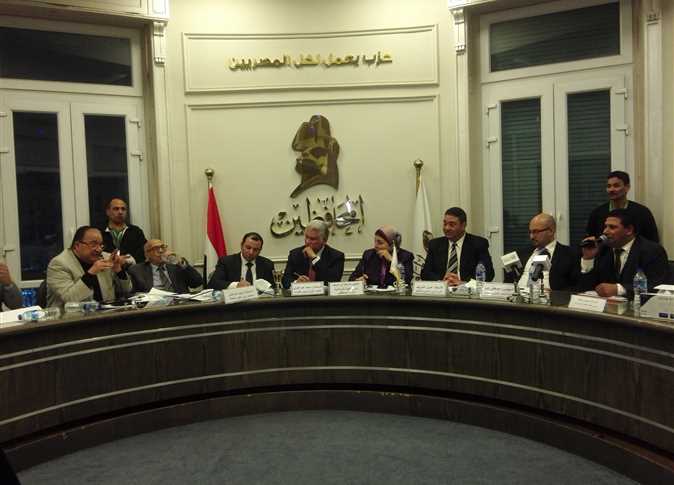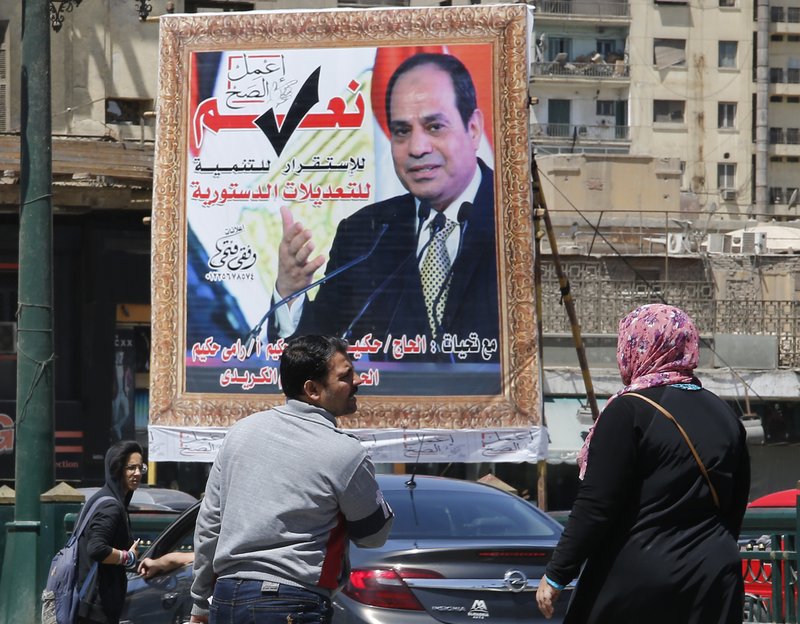Gone are the days when Egyptians viewed politics as a business of the elite. Politics in Egypt has become everybody’s business. Whether this is right or wrong, positive or negative encouraging or discouraging is not the issue.
The issue is grasping the fact, rather than hailing or cursing it. Egyptians, especially those who live in Egypt, as opposed to those living abroad and some non Egyptians have fully understood and digested the evolution of elitist politics into a business of the people. But others are unaware of the fact, either because they do not know, or they’d rather not know.
When the British newspaper The Guardian reports from Cairo that “The wife of the policeman whose murder led to death sentences for 529 Egyptians has suggested that only two of them may be responsible for his killing” with a headline “Egyptian policeman's wife casts doubt on death sentences handed out to 529” it means there is either a problem of lack of understanding, a crisis of bad translation or an intention to falsify the truth. What the wife of the Egyptian policeman killed by pro-Muslim Brothers protestors in cold blood in the Upper Egypt city of Mattay actually said was that the sentence was satisfactory, but that she still awaited the arrest of the fugitives.
Getting the facts wrong, whether unintentionally or most probably intentionally is part of the “war of words” that Egypt is going through. The fruits expected to be harvested from Egypt’s spring came as a disappointment here and there. They disappointed Egyptians who, one crisis after the other, discovered that their country was on the verge of becoming an Islamist emirate with clear indications of sacrificing Sinai for the cause, Halayeb and Shalatteen as a “cadeau” and more was yet to come.
Without going into well known details of how a second revolution erupted on the 30 June 2013, when the Egyptian people opted for an end to the Muslim Brother’s project, and how the West refused to admit it was a revolution (if it walks like a duck and quacks like a duck, it’s a duck according to American Senator John McCain’s famous specification of Egyptians’ revolution to be a military coup), a war of words erupted on two simultaneous and semi-identical grounds.
Different mouthpieces of the Muslim Brothers, whether clear cut or camouflaged, inside and outside Egypt erupted in a roaring war against Egyptians and their will. Call it telepathy, describe it as congruence, judge it as common benefit, but the Muslim Brothers’ stand regarding Egyptians’ decision to topple their president and save their national identity coincided with many of the Western official and media stances.
Such “telepathy” made it a habit for many media reports to mistranslate what is said, misinterpret what is going on, and more often than not maintaining a subjective coverage of events, trends and news in Egypt. What makes the situation of the war of words even worse is the national media chaos scene. However, despite the chaotic scene inside and outside, an unprecedented politicized Egypt has arisen.
Despite endless recycling of news or opinions, continuous reciting of conspiracy theories, non-stop provocation of hatred and distrust, the will of the people stands out. Taxi drivers tell you about how they shifted from the support of the Muslim Brothers to their opposition because when they turned out to be hypocrites. Street vendors can lecture for hours about the culture of the slums that they were born in and which brainwashed people using the double-edged weapon of religion. Maids, if they confide in you, can write encyclopedias about how the “sheikh” told them that the road to paradise starts with electing Mr. X and ends with covering up their faces because they are sex objects. And last but not least, women at large will stand out and express the fact that the Muslim Brothers fooled Egyptians for decades, but their real ugly faces were exposed when they came to power.
Egyptians are speaking out for themselves. Let the talk shows shout and scream. Let the Western media distort and misinterpret, but Egyptians have become politicized despite the war of words.




